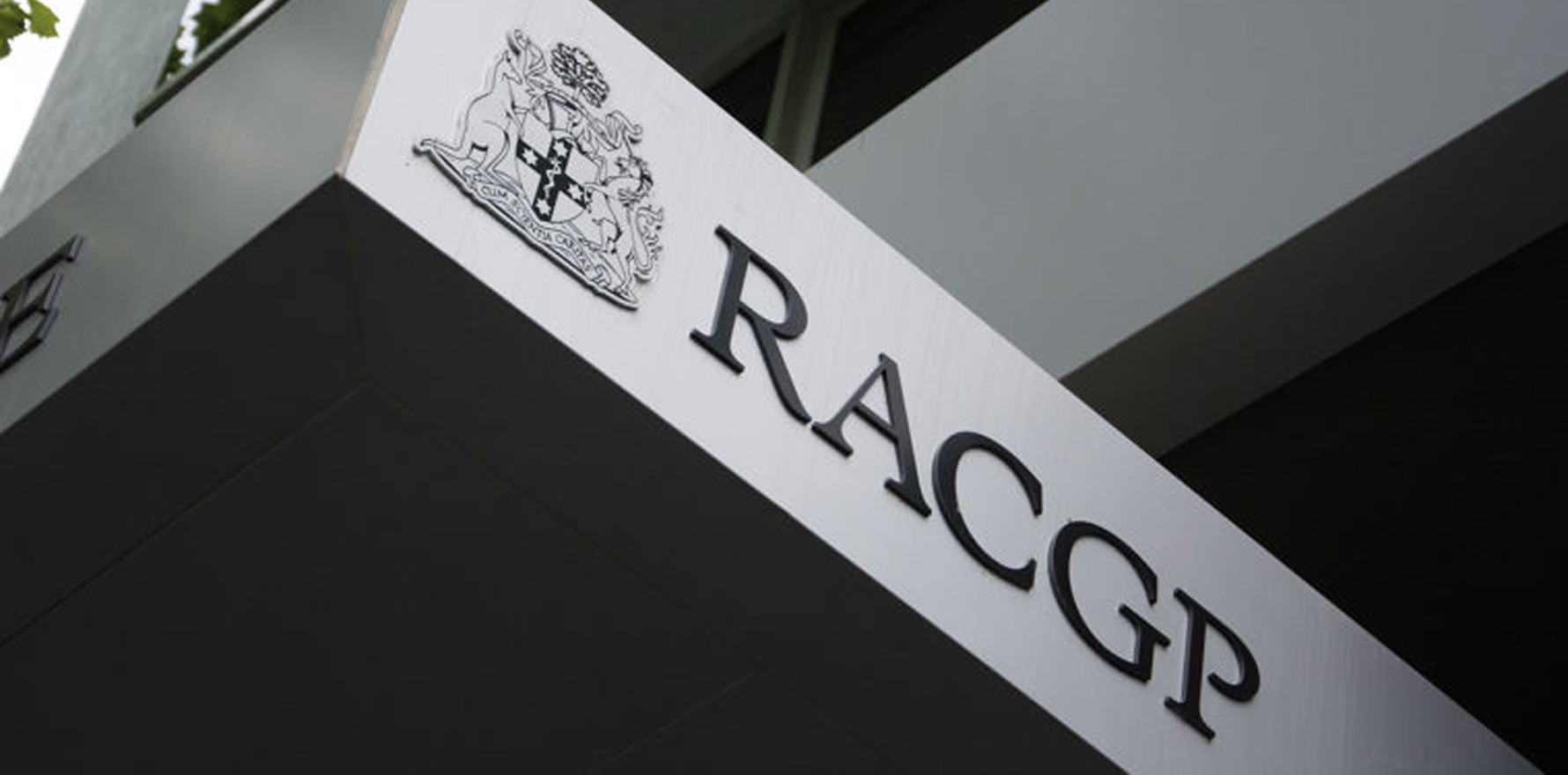A past employee of the college alleges she endured misogyny, intimidation and coercion while working in the organisation.
A former employee of the RACGP is gearing up to face the organisation at the Fair Work Commission, alleging she experienced bullying by senior management.
Vicky Moriarty and the college failed to reach an agreement in a conciliation session yesterday, and now await the scheduling of a formal hearing at the Fair Work Commission.
Moriarty worked for the RACGP for more than five years until her resignation in February this year.
Before the end of her employment with the RACGP she worked as the head of the Future Leaders Program, a service which provided mentoring and leadership training to more than 80 GPs.
“I personally felt honoured to support the GP profession, because it quite literally saved my life, and to have the opportunity to somehow support [GPs] through some of their challenges as GP is a real privilege,” she told TMR.
But Moriarty claims the way she was treated by the RACGP as an employee was far removed from the public image of the organisation.
“In my own experience, I had to fight for other employees’ rights, which made me feel exposed and isolated,” Moriarty said.
“The RACGP is a healthcare organisation and it should be operating at best practice levels and setting an example. It should be role modelling what GPs want.”
Since Moriarty’s departure from the organisation, the RACGP has requested she sign a non-disclosure agreement, which would prohibit her talking about her experience working at the college.
Moriarty alleges that when she worked at the organisation, it was common practice to have some outgoing employees sign an NDA.
TMR sent the RACGP several questions about its workplace culture at the time of Moriarty’s employment and its stance on having employees sign NDAs, but it did not respond before publication.
However TMR understands the RACGP was made aware of significant accusations of workplace bullying, misogyny and intimidation in a workplace survey published by the NTEU in September last year.
About 100 staff participated in the survey but less than a quarter of respondents said they would positively recommend the RACGP as a place to work.
Major concerns identified included problems of communication and transparency, bullying and favouritism and a lack of opportunities for employees.
“Yes, the work is great but the culture is terrible and very toxic,” said one survey respondent.
“The RACGP has a toxic work culture where bullying is either ignored or endorsed by HR,” said another employee.
Other employees expressed concern for a lack of transparency when hiring for advertised positions in the organisation.
Some staff accused the RACGP of lying about its financial situation and questioned how more senior staff could be appointed into positions while more junior staff were being threatened with budget cuts and redundancies.
The workplace survey came shortly after the RACGP had attempted to remove a scheduled pay increase, due in July last year, from the enterprise bargaining agreement.
The Acting CEO of the RACGP Nick Williamson, on 4 June 2020 during a regular staff meeting, told employees that COVID-19 was impacting the RACGP finances and that several initiatives were being implemented to ensure sustainability going forward.
The proposal to remove the scheduled pay increase for staff covered by the college’s EBA was made as a way to recoup losses from the postponed fellowship exams. In a document obtained by TMR the RACGP encouraged employees to vote against the EBA in a move estimated to save the organisation about $787,000.

But on the 18 June a close outcome was decided, with 51% voting against the proposal to break from the EBA.
The announcement was made on Workplace, the RACGP’s internal communications platform, and was accompanied by another poll offering staff a re-vote.
It was suggested that if the proposal was not agreed to, there would be impacts on staffing levels at the RACGP.
The college’s 2019-20 annual report told a different story, revealing that the RACGP was facing a $1.8 million loss before qualifying for JobKeeper wage subsidies. These, according to the NTEU report, totalled $6.3m between March and September 2020.
And the college closed last financial year with a $1.9 million surplus, which it has added to its reserve fund.
NTEU industrial officer Serena O’Meley told TMR that staff had felt silenced and intimidated by the conduct of the pay cut ballot.
“However, NTEU does not believe a situation like this is likely to arise again,” she said.
“Staff stood up for themselves by voting against the cut, and in recent months there have been changes to the HR function at RACGP.
O’Meley said the new RACGP CEO, Dr Matthew Miles, had met with representatives of the NTEU RACGP Branch and had been receptive to the concerns about workplace culture which were raised in the union survey.
“RACGP is actively seeking staff views on engagement, well-being and accountability,” she told TMR. “We take Dr Miles at his word that he is committed to ongoing cultural change in the organisation.
“NTEU is hopeful that remaining concerns in certain work areas are capable of being addressed in an atmosphere of cooperative workplace relations.”
But Moriarty was less optimistic and said she had already experienced the RACGP’s previous attempts to change its workplace culture by contracting the expertise of external consultants.
“Fundamentally, it’s only the people working within the organisation that can change the culture,” she said.


